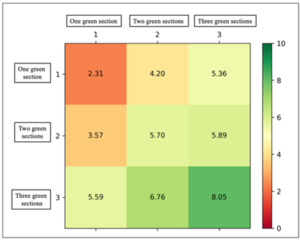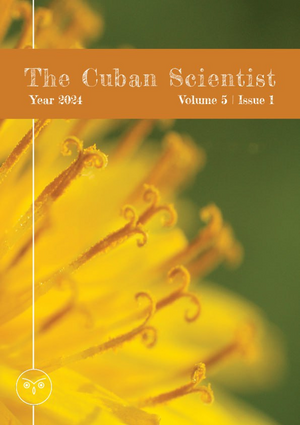1
Cuban Sci. 2020, 1(1): 5–6Aris Quintana Nedelcos
Published on 20 Apr 2020 PDF (143K)“Back during my time at the Universidad Tecnológica de La Habana “Jose Antonio Echeverrı́a”, CUJAE I assist with a workshop on the Problem Base Learning (PBL) approach to teaching. Little did I know about the serious science behind the development of innovative Learning and Teaching approaches. Even less on how far in our history, it is possible to track our “modern” problems and solutions! In the present contribution I share with the readers some of these findings. I will particularly focus on those corresponding to the Hellenistic times of the classical Greco-Roman philosophy, and hopefully, just hopefully, I will be able to transmit how modern these “ancient thoughts” look like.”
2
Cuban Sci. 2020, 1(1): 15–16Miriam Palacios-Callender
Published on 13 May 2020 PDF (264K)“This study analyses the potential value of the network of scientific collaboration of Cuban researchers in Europe focussing on their institutional links with worldwide collaborators between 1995 and 2014.”
3
Cuban Sci. 2020, 1(1): 25–26José de la Fuente, Marinela Contreras, Sara Artigas-Jerónimo, Margarita Villar
Published on 29 Jun 2020 PDF (621K)“A quantum vaccinomics approach was proposed based on the characterization of vector-host-pathogen molecular interactions and the immunological quantum to further advance the design of more effective and safe vaccines.”








